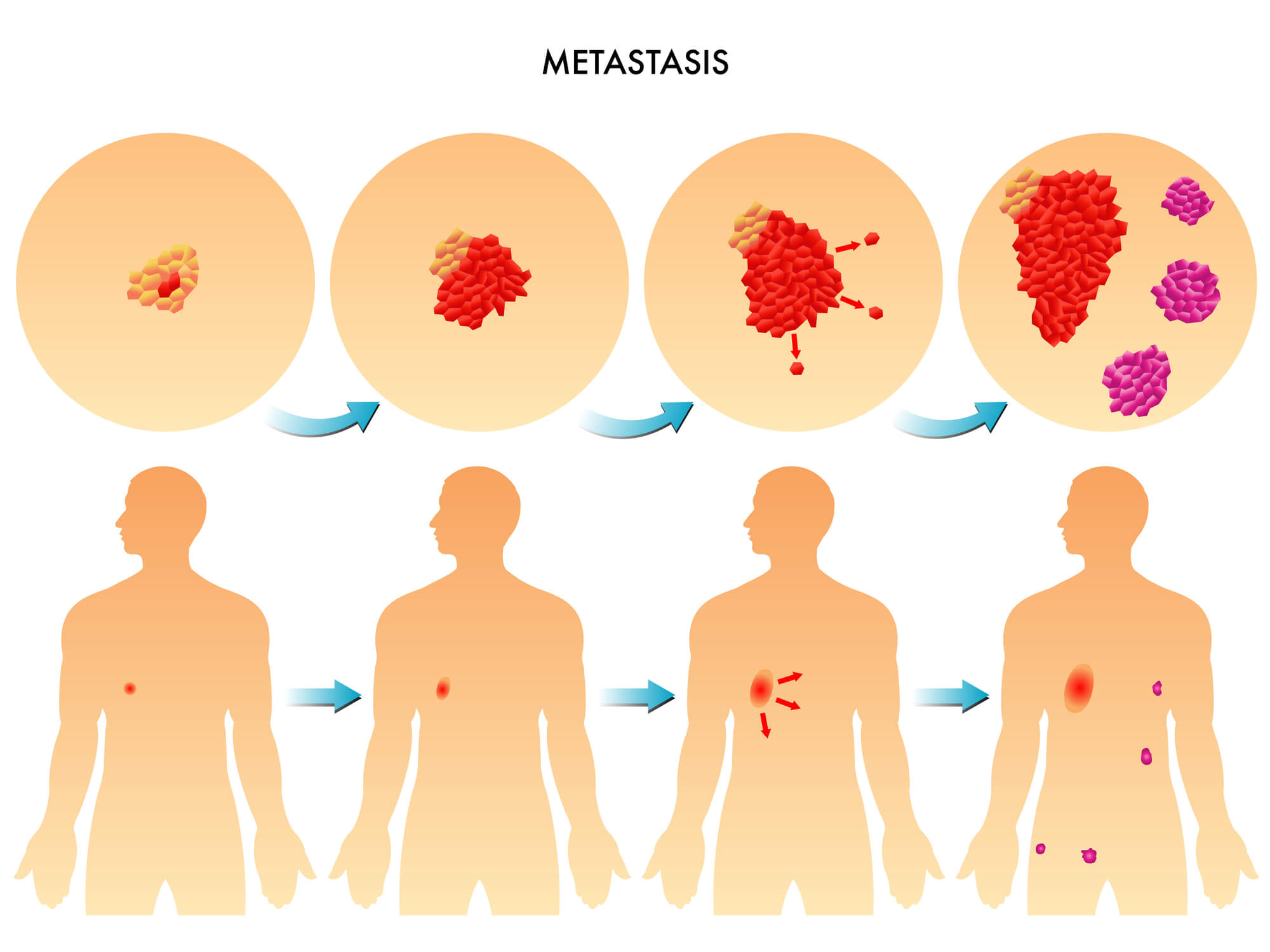The new technology we developed provides accurate data on the nature of the mutation based on the RNA sequencing of the tumor only - that is, without the need for DNA sequencing of the tumor and any sequencing of the healthy tissue

Newspaper Nature Communications. Reports on an innovative technology developed at the Technion to detect cancer-causing mutations. The editors of the journal chose to highlight the article in a special section dealing with cancer research. The technology was developed by researchers Dr. Keren Yitzhak and post-doctoral student Dr. Rotem Katzir from the Rapaport Faculty of Medicine at the Technion. Noam Rodberg, an undergraduate student at the Taub Faculty of Computer Science, also participated in the study.
Dr. Keren Yitzhak joined the faculty of the Faculty of Medicine in 2019, after a post-doctorate at the Broad Institute. According to her, "A significant part of medical research is currently conducted in what we call a 'dry laboratory' - that is, research and development using computational tools that allow the analysis of large amounts of data from various sources. Our laboratory belongs to this category and focuses on understanding cancer mechanisms through new computational methods, including computational learning (ML), while collaborating with doctors and experimental laboratories in Israel and around the world."
In recent years, the world of medicine has burst into the worldimmunotherapy - A new therapeutic approach that partially replaces traditional chemotherapy. Chemotherapy, based on the elimination of cancer cells, is an effective treatment method, but in many cases it also damages healthy tissues and thus causes severe side effects. In addition, in some cases, cancerous tumors develop resistance to chemotherapy.
Immunotherapy, on the other hand, is an approach that helps the natural immune system to eliminate cancer cells and is highly targeted and in many cases effective. However, to adapt the immunotherapeutic treatment to the patient's data, an assessment of The mutational burden of cancer cells (TMB). This burden is an effective measure in predicting cancer development, in predicting the effectiveness of various immunotherapy treatments and in assessing the patient's chances of survival.
Diagnosing cancer mutations in general, and assessing the mutational load in a tumor in particular, are usually done by Comparing The genomic sequencing results of tumor cells to the DNA sequencing results of healthy cells from the patient's body. That's why two "paving tracks" are needed that make the process more expensive. Furthermore, in some cases, the DNA samples from the healthy tissues are not available.
In her previous publication from her post-doctorate period at the Broad Institute, Dr. Yitzhak reported on the development of RNA-MuTect technology, which enables accurate measurement of mutations in the RNA of the tumor while comparing it to the healthy tissue. According to Dr. Yitzchak, "In our studies, we saw that many of the mutations in DNA do not transfer to RNA, so the RNA test better reflects reality, that is, the state of the mutant proteins produced based on the genetic code. "
In the current article, the group presents another breakthrough - RNA analysis of the mutations without the need for a control sample from the healthy tissue. The new technology is called RNA-MuTect-WMN and is based on the analysis of the sample data using advanced means of computational learning.
RNA-MuTect-WMN technology makes it possible to distinguish between Hereditary mutations לsomatic mutations - A very important diagnosis from an applied point of view. Hereditary mutations (germline mutations) are disruptions in the genetic material that the person has inherited from his parents or from one of them, therefore they are found in all body cells. Somatic mutations are spontaneous disruptions in the body's cells During the life, and therefore they are found only in some cells. When somatic mutations accumulate in cancer-causing genes (drivers), they may lead to the development of malignant tumors, so it is important to identify them at an early stage and adjust the treatment accordingly.
Somatic mutations also affect the heterogeneity of the tumor - the fact that there are different cancer cells within the tumor. Heterogeneity is one of the reasons why many tumors are resistant to anticancer treatments, so the accurate identification of somatic mutations is essential for personalizing the treatment.
According to Dr. Yitzhak, "We showed that the new technology we developed provides accurate data on the nature of the mutation based on RNA sequencing of the tumor only - meaning without the need for DNA sequencing of the tumor and any sequencing of the healthy tissue. This improvement, based on computational learning, simplifies the process, shortens it and lowers it without compromising the accuracy of the analysis. We also showed that it is possible to estimate the mutational burden based on our predictions, and thus predict the response to immunotherapy and the patient's survival time. In the research, we focused on three types of cancer, but we estimate that the technology will be effective in other types of cancer as well."
for the scientific article in Nature Communications. click here
